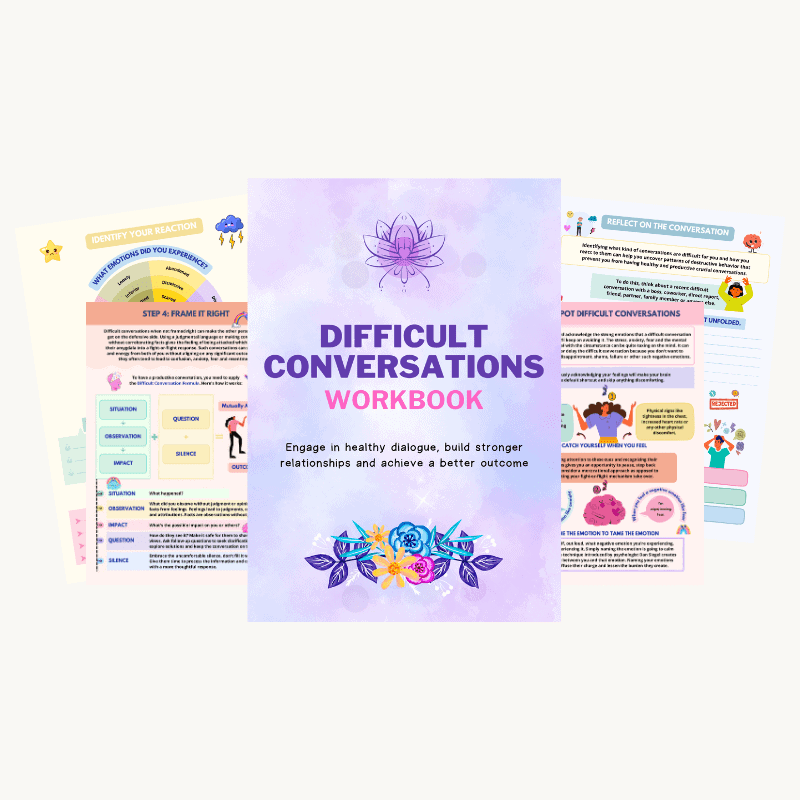Monthly Archive: March 2022
Out of hundreds of things a manager is expected to do, maintaining a healthy relationship with their people is just one of them. And it’s true that a good part of a manager’s job is to invest time in their people and their growth. But a relationship isn’t a one-way street. You can’t have a healthy relationship with your manager unless you are invested in your own growth. People who excel at work don’t blame a poor relationship on their manager. They’re willing to do the work necessary to make it work.
When you get promoted to a new manager, there are lots of questions in your mind. With so many questions unanswered, it’s completely natural to feel unprepared. Your struggles are real. When you started as an individual contributor and got to a lead position, you thought you made it. But now as a manager, you are back to square one. To be effective as a new manager, you’ll need to acquire a set of skills that can only come through practice.
How do you get better as a manager? You can use feedback from your manager, inputs from your team, and outcomes you achieve as a measure of your performance, but by themselves, they do not help you get better. Without a system in place to measure yourself and actively monitor how you’re doing, you cannot determine areas that need your attention and the steps you must take to improve. Use these 9 questions that all great bosses ask themselves to improve their team’s performance.
Do you regularly meet your people, give them advice and help them with their growth? You might be doing a lot of things right, but do you also take time to analyze the mistakes that can turn your one-on-one meetings unproductive and leave your employees feeling dissatisfied? One-on-one meetings go wrong not because of lack of effort. They go wrong when you don’t pay attention to little things that are needed to get them right.
High agency is important at every step of the career, but it’s even more crucial as you ascend the ladder and take up a leadership position in an organization. For a leader, vision and ability aren’t differentiating factors anymore. An ambitious vision for the future only sets the direction. It’s the high agency that gives life to that vision and makes it possible. It’s the high agency that sets a leader apart. Learn to recognize and cultivate it.
A leader’s job in any organization isn’t to tell people what to do or be involved in every problem. Their job is to enable their people to make their own decisions, motivate them to build the skills necessary to feel confident, and use their own time effectively to look into the future and solve hard problems. They can do this by shifting from control to context and seeking alignment using the decision tree.




























